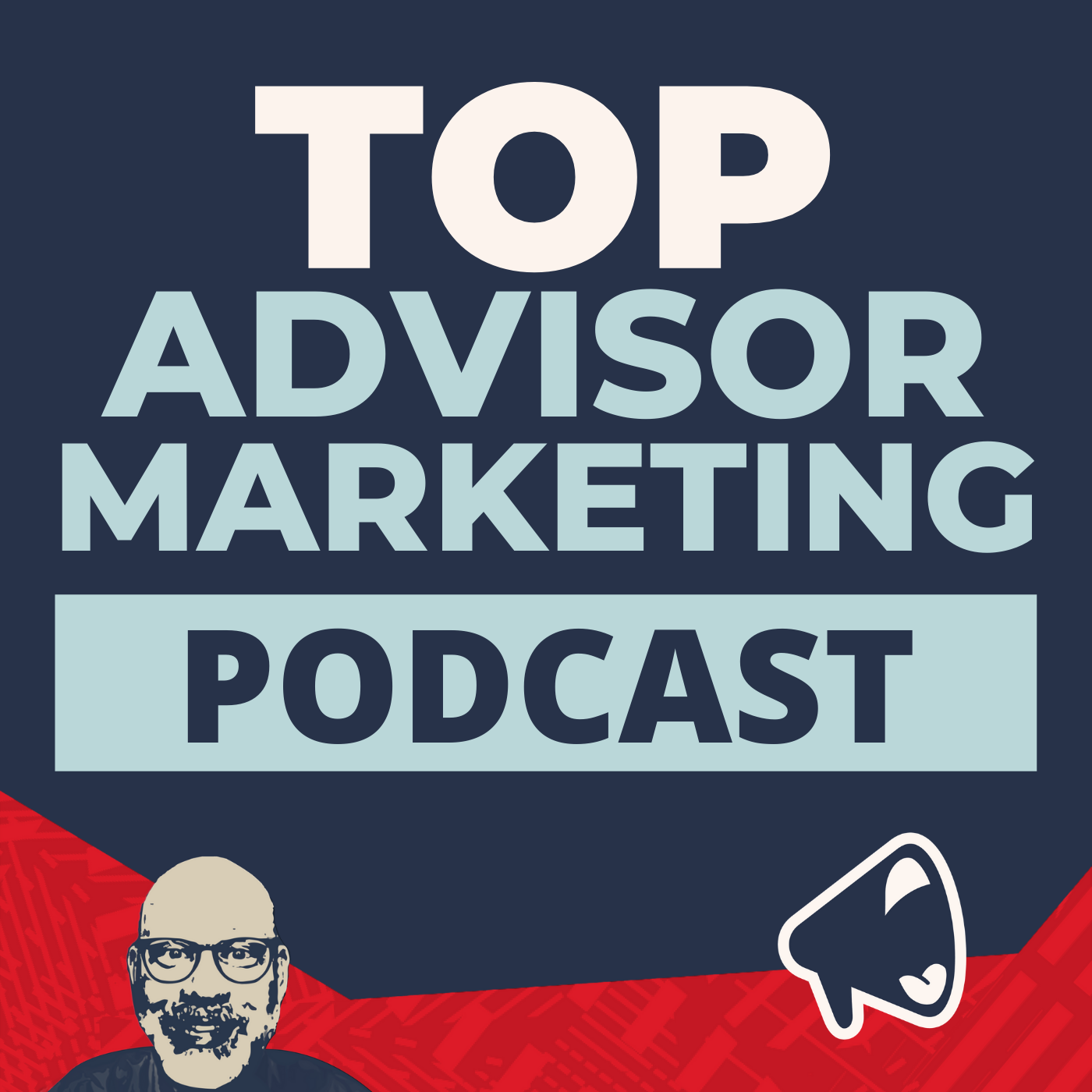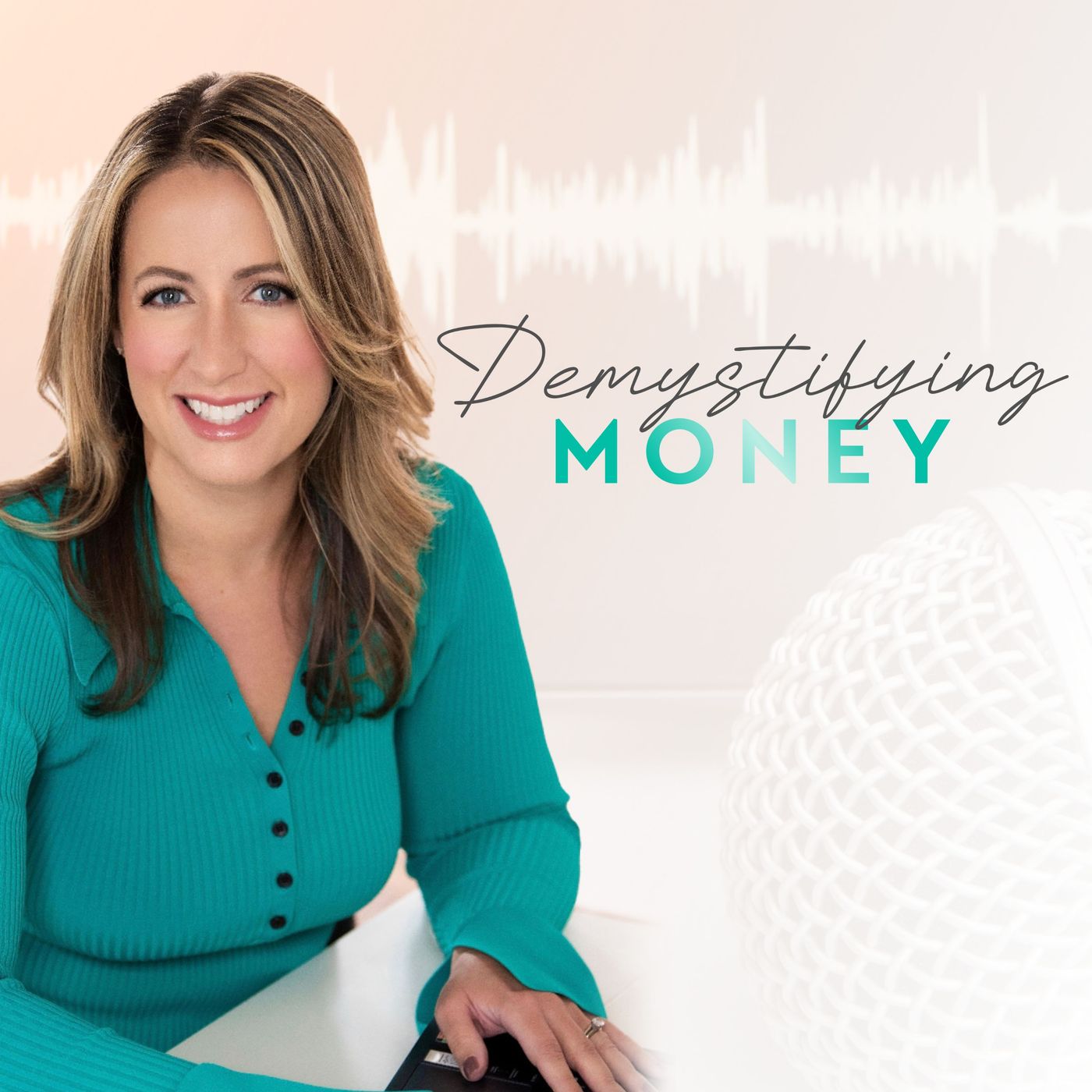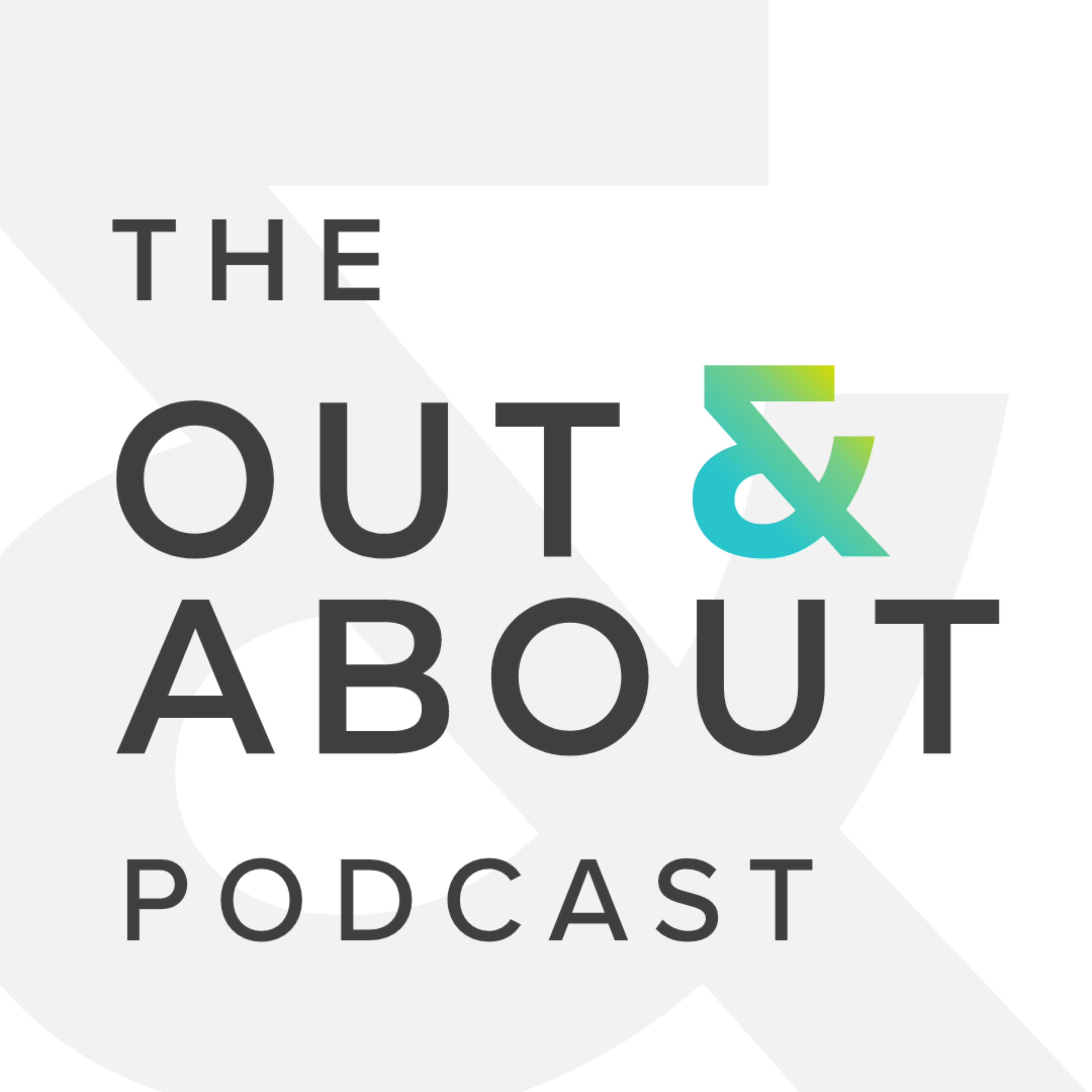
NoBS Wealth
Welcome to the NoBS Wealth Podcast—where we ditch the BS, cut through the noise, and get real about what it takes to build wealth, especially for women, minority business owners, and those standing on the edge of their financial journey, ready to take that first bold step.
We’re not here to sugarcoat it. I’m Stoy Hall, your host and Certified Financial Planner, and I’m bringing you conversations that go beyond the spreadsheets. We're talking about the emotional, psychological, and real-life challenges of money—and how to crush them.
Why You Should Tune In:
- No Fluff. Just Actionable Advice: You don’t have time for complicated, jargon-filled nonsense, and I don’t have the patience to give it to you. Here, we’re breaking down strategies you can actually use—whether you're managing cash flow in your business or figuring out how to start investing without feeling overwhelmed.
- Your Money, Your Mindset: If you think the key to wealth is just about saving and investing, you’re missing half the game. We’ll tackle the inner work—overcoming financial fear, breaking generational money cycles, and adopting a winning mindset to keep you in the game long-term.
- Real Stories You’ll Relate To: We’re bringing on guests with stories like yours. Women and minority business owners who’ve been where you are, taken the risks, and come out on top. No “overnight success” garbage—just honest journeys filled with ups, downs, and everything in between.
Who This Podcast Is For:
If you’ve ever thought:
- “I want to build wealth, but I don’t know where to start.”
- “I’m ready to grow my business, but I need guidance on the financial side.”
- “I don’t come from money, and it feels like I’m playing catch-up.”
Then congratulations—you’re exactly who this podcast was designed for.
What You’ll Get Out of It:
- Breaking the Fear: We’ll help you face that first step head-on and show you that building wealth isn’t just for the rich or privileged—it’s for you.
- Alternative Wealth Strategies: From real estate to investing in your business, we’ll explore nontraditional ways to grow your money without drowning in “just invest in the S&P 500” advice.
- Practical Tools: Whether it’s tax hacks, cash flow management, or scaling your business, we give you the tools to act, not just dream.
It’s time to bet on yourself. Tune in, get inspired, and most importantly—take action. The life you want? It’s within reach.
Visit nobswealth.com to catch our latest episodes and join the NoBS movement.
And yeah, we get a little explicit around here. You’ve been warned.
NoBS Wealth
THE TRUTH ABOUT DEBT THAT NO ONE ELSE WILL TELL YOU | Let's Get Real Ep. 11
Your primary home is the WORST debt you could have. PERIOD.
The ultra-wealthy know something you don't: Debt isn't a burden—it's LEVERAGE. While you're stressing about paying off your mortgage, the rich are using their debt to create more wealth.
In this no-bullshit episode, Stoy rips apart everything you thought you knew about money. Discover why:
- Your house isn't the asset you think it is
- The wealthy NEVER aim to be "debt-free"
- Student loans are a scam for most people
- Your mindset about debt is keeping you broke
This isn't your feel-good financial podcast. This is the raw, unfiltered truth about how money actually works.
Ready for some financial reality? Or would you rather keep believing the comfortable lies?
👉 Watch the full video: https://youtu.be/gDE5nN46WGY 👉 More unhinged financial truth: nobswealth.com
As always we ask you to comment, DM, whatever it takes to have a conversation to help you take the next step in your journey, reach out on any platform!
Twitter, FaceBook, Instagram, Tiktok, Linkedin
DISCLOSURE: Awards and rankings by third parties are not indicative of future performance or client investment success. Past performance does not guarantee future results. All investment strategies carry profit/loss potential and cannot eliminate investment risks. Information discussed may not reflect current positions/recommendations. While believed accurate, Black Mammoth does not guarantee information accuracy. This broadcast is not a solicitation for securities transactions or personalized investment advice. Tax/estate planning information is general - consult professionals for specific situations. Full disclosures at www.blackmammoth.com.
Your primary home potentially is the worst bad debt that you could ever have. And I'm here to tell you why on today's, let's get real. We're gonna talk about bad debt versus good debt. All the things in between, probably not, but I can promise you your primary home that you own that you think is an asset is actually one of the worst debts that you could hold. So let's dive into it. What is synopsis of good debt versus bad debt? Good debt. Let's start with the good. I like to start with the good. I'm optimistic person. Good. Debt is debt. That is. Allowing you to make money off of it. Some people call'em an asset regardless. Good debt, good leverage. We'll get to the word leverage here soon. Good debt is something that you're able to use to make you more money. Bad debt. Bad debt is the opposite. Some cost something that is costing you more money than it's actually producing. Ultimately that's good debt versus bad debt. The most wealthy, and I'm gonna use wealthy in the terms of money, so the most rich people, the most that have the most money, those types of people always have debt. All of'em, they use it. The most successful businesses in the world have a shit ton of debt. The problem in the difference is. In our socioeconomic, uh, society is the richer, the more well off compared to our lower income have a different philosophy when it comes to the word debt, and I will guarantee you, which I can't really do all the time, but compliance will get me away with this one, is that those business owners truly rich, ultra high net worth. When they hear debt, they think leverage. And then on the other side, the poor, the lower income. When they think debt, they feel burden and heavy. See how those are two different things? Same word. Same term, different feelings, leverage, optimistic. I'm using other people. I'm using other people's money to make me more money to afford me to get ahead. I'm using this asset, this tool, to make me more money than it costs. Flip side, you just think of it as debt and it's heavy, and it's always on your mind. Then it's not only gonna. Hurt your mental health, but you're thinking about how can I pay that off the fastest, not what it's used for, but just I need to pay that debt off. I need to get rid of it. I need to be debt free. And therefore, you're using all of your energy and resources to pay down this debt thing, and you are not working on getting ahead. You are not utilizing for what its purpose is. Think about that for a second. So what are some examples of good debt real estate loans that you rent from? Business loans that are used for the growth of your business? Some types of student loans or purposes of student loans. So first real estate loans. Yeah, I just said that your primary, um, home is one of the worst debts you can have, and it is in my opinion, and people are gonna come at me for that, but it is because people usually don't use it correctly. Think about, you think about all of this. Right now you're saying, I have this mortgage. We'll just use simple numbers,$200,000 and I want to pay that down and, and be debt free as fast as possible. But you gotta think about what a home and how a home value works, right? It goes up in appreciation, obviously we know that, but it does not operate as an asset. An asset is only something that can produce an income. Appreciation is not an income for you potentially unless you utilize it correctly. So if you pay off your mortgage, you still have. Taxes, right? Still got property taxes. You still have upkeep. Right, and you're probably gonna add on to that home at some point. So you have all these three costs that the appreciation will not keep up with. Most likely. Some of us are lucky in some instances. You bought a$200,000 house and 10 years later is worth a million. So, you know, bear with me there, but even if you paid it off, where's that money come from? Those things. This is where it comes into play. The having a primary home. Can be an asset if used correctly, and that's using your equity. So if I have a$200,000 house, it's now worth 300,000. I have a hundred thousand dollars of equity. I should use that to invest in things that will bring me more income and pay off the debt. Therefore, now you are flipping this bad debt that I say your primary home is into an actual. Asset that is producing and hopefully either paying for itself or paying for the equity that you use right now, it's an asset that is the same philosophy when you go into rental properties. You want the asset, the rental property to pay for itself. Its upkeep, its taxes, as well as its mortgage debt. Leverage, if you will, plus a little bit of profit, or maybe not. It's the same exact thing you should be doing with your primary home as well. Just slightly different. Second business loans, right? Business loans are great. Re reconstruct some debt, provide more operational funds for hiring more employees. Maybe we're expanding, maybe we're doing more marketing. Business loans are pretty simple to see the fact that it's leverage as long as you use it correctly, which gets me to our student loans conversation. Student loans are inherently bad debt for majority of us, unless you're going into a specialty. That is it. It is designed for doctorates. Obviously being a doctor is a huge one. Attorney psychologists research those types of degrees and student loans will pay off because those have higher income producing down the line. Now a general business, um, history. Some of those may not be good for you. Therefore, student loans are bad debt majority of the time. Now let's get to the bad debt. I think we all know what those are credit cards that you use that aren't being used for an asset producing thing, and you're just buying stuff to buy stuff that just accumulates on the credit card at 20% average bad debt payday loans. Inherently the worst type of debt you could possibly have. Some of those, if you actually did it poorly, have up to 200% annualized interest on them. That's a lot. That is, that's too damn much, actually. And those are the two worst types of bad debt that you could possibly have in my opinion. The only caveat is that student loans can teeter back and forth, back and forth a little bit. So there you have it. That's bad debt first, good debt leverage or debt. Where does your brain lie in those things? I. What's the most important to you? Well, how do we use debt and use the leverage correctly? Then simple stuff here, folks. If you have an asset or something that you want to invest money into or utilize, right? Even if it's a vehicle, some people say depreciate assets like a vehicle's, not something that is considered bad debt. Well, if you overspend, yes, if not, how do you get to your job? That's why a vehicle can work for you. But let's, let's talk about the leverage of it. So you need to calculate. What I need for leverage, what it's going to cost of what income, this thing, this investment, whatever tool is going to provide for me. If it's in a new employee, they're gonna cost me$60,000, but because of them, I can grow. 10%, 20%, or if you want to use it in numbers, if I add them at 60,000, I actually can make 120,000 because of now my ability to scale. Well, that's a pretty easy win-win there, right? Don't you think? As well as going through and understanding how you're utilizing your credit cards as well. There are incredible offers out there for balance transfers and 0% interest from both six months to 24 months I've seen. And what's important there is you can utilize these tools to help you offset some of that bad debt you have and leverage credit cards in a way that maybe you aren't doing correctly. And ultimately, at the end of the day, you need to plan. You need to plan to leverage tools and items out there for you. And if you are not, then what the hell are you doing? And you're just stuck in this bad debt cycle repeatedly, generation by generation, by generation. Think about that for a sec. Now that you've thought about that, how do you feel? We're about, let's get real comment. Talk to us. Chat. What do you want to know? What more unhinged shit do you need story to talk about? I enjoy this and I'm bringing it to you as an as. Truly the most transparent, no bullshit, unhinged, Ike. And let's get real.
Podcasts we love
Check out these other fine podcasts recommended by us, not an algorithm.

Top Advisor Marketing Podcast
Matt Halloran, CRO at ProudMouth
MONEY WITHOUT MATH
Karen Coyne, CFP®
Demystifying Money
Misty Lynch
The Out and About Podcast
Out and About Communications
